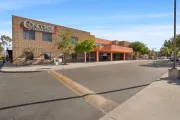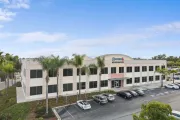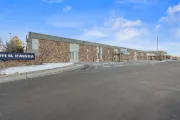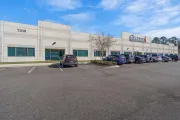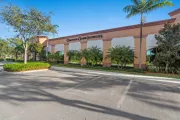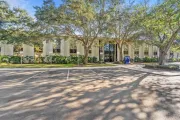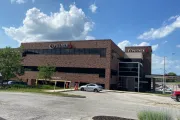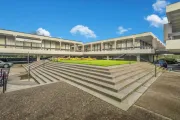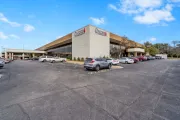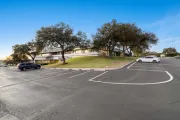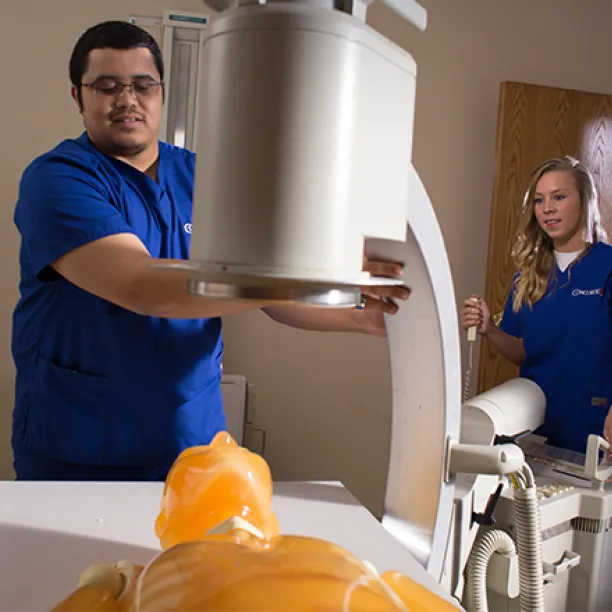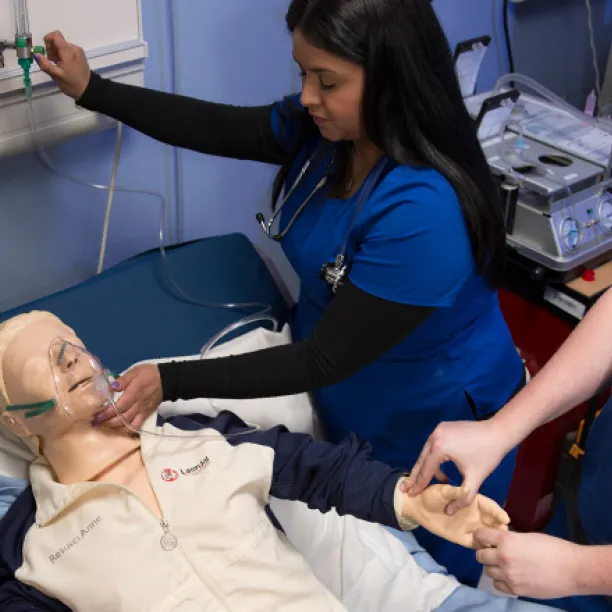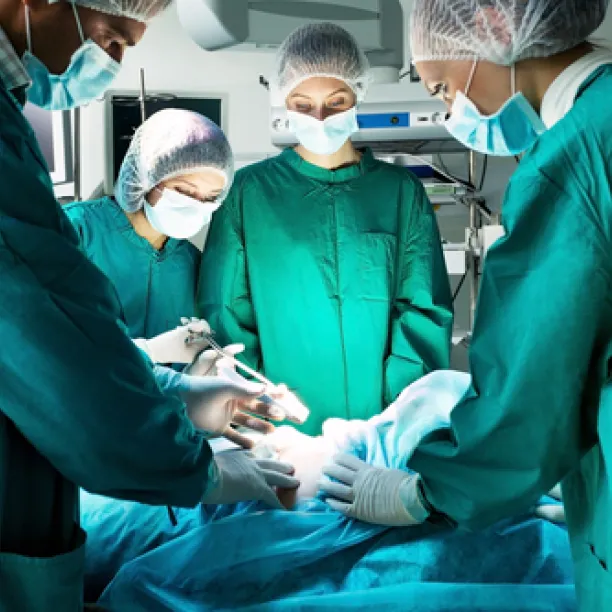Now Enrolling
Cardiovascular Sonography Career
As a Cardiovascular Sonographer (CVS), also known as an Echocardiographer, Cardiac Sonographer, or a Cardiovascular Ultrasound Technologist, you're trained to use imaging technology to help physicians diagnose heart problems in patients. Cardiac Sonographers capture images of the heart's chambers, valves and blood vessels to aid a cardiologist to diagnose and prepare treatment plans for patients with heart conditions, heart disease or congenital defects.
Cardiovascular Sonography Associate Degree Program
Concorde Career College's new Cardiovascular Sonography Associate Degree program provides you with both the key technical and soft skills that healthcare providers demand. Heart health and treatment begin with awareness. In less than two years, you could be ready to pursue a rewarding career in diagnostic medicine with your Cardiovascular Sonography degree.
- Gain skills to conduct ultrasound images of the heart and vascular system, including echocardiograms.
- Learn how to evaluate test quality, record data and produce reports for physicians and other care team members.
- Complete your degree in as few as 20-months of study.
**Source: U.S. Bureau of Labor Statistics- healthcare occupational outlook handbook, the national projected job demand between 2023-2033 for diagnostic medical sonographers, cardiovascular technologists and technicians, https://www.bls.gov/ooh/healthcare/diagnostic-medical-sonographers.htm. Projections are national. Local job market demand may vary.
Get Started
Campuses
California
Colorado
Florida
Missouri
Oregon
Tennessee
Texas
Curriculum
Cardiovascular Sonography Associate Degree Program Overview
Cardiovascular sonographers use special imaging equipment that directs sound waves into a patient’s body (in a procedure commonly known as an ultrasound, sonogram, or echocardiogram) to assess and diagnose various medical conditions.
The Cardiovascular Sonography curriculum integrates didactic and clinical instruction with increasing expectations at each level. Clinical sites utilized by the program are geographically dispersed. Students may have to travel outside of the local area for clinical placements.
Cardiovascular Sonography Associate Degree Program Objectives
To prepare competent entry-level cardiac sonographers in the cognitive (knowledge), psychomotor (skills), and affective (behavior) learning domains.
Graduates of this program will develop skills to:
- Be clinically competent to perform appropriate procedures and record anatomic, pathologic, and/or physiologic data;
- Apply critical thinking and problem solving skills to exercise discretion and judgment in performance of diagnostic sonography;
- Demonstrate appropriate communication skills; and
- Demonstrate professionalism and growth in the profession.
Career Outlook
Demand for Cardiovascular Sonographers
As our population grows, the need to diagnose medical conditions - such as blood clots and heart disease - will likely increase. In the health care settings where there is a need for an alternative for imaging techniques besides radiation, cardiovascular sonographers, will prove to be valuable because imaging technology is a tool used to help make diagnoses.
Where Cardiovascular Sonographers Work
- Hospitals
- Doctors' Offices
- Medical Clinics
- Diagnostic Imaging Centers
- Convalescent hospitals
Note: Concorde does not guarantee employment or subsequent salary.
Financial Aid
As part of our commitment to your success, Concorde ensures that you have access to comprehensive information and guidance in navigating the financial aid process. Concorde offers financial aid and scholarship programs to those who qualify.

Financial Aid
Get financial support for your education with our dedicated financial aid team by your side.
Review Your Options
Scholarships
Find the perfect scholarship for your health care goals based on your background, programs or other criteria.
Search ScholarshipsScholarship Opportunities
The Healthcare Demand Grant is designed to assist new, enrolling students who are pursuing education in a healthcare program. No application process. All newly enrolled students are reviewed for eligibility.
Institutional Accreditation and Licensure
Accreditation and licensure are an important part of an academic institution’s operation.
Visit our Accreditations and Licensure page for more details about our accreditations and licensure.
CAAHEP
The Cardiovascular Sonography program is accredited by the Commission on Accreditation of Allied Health Education Programs (CAAHEP), 9355 113th St N, #7709, Seminole, FL 33775; 727-210-2350; www.caahep.org, upon the recommendation of the Joint Review Committee on Education in Diagnostic Medical Sonography (JRC-DMS).
Kansas City, MO
Frequently Asked Questions
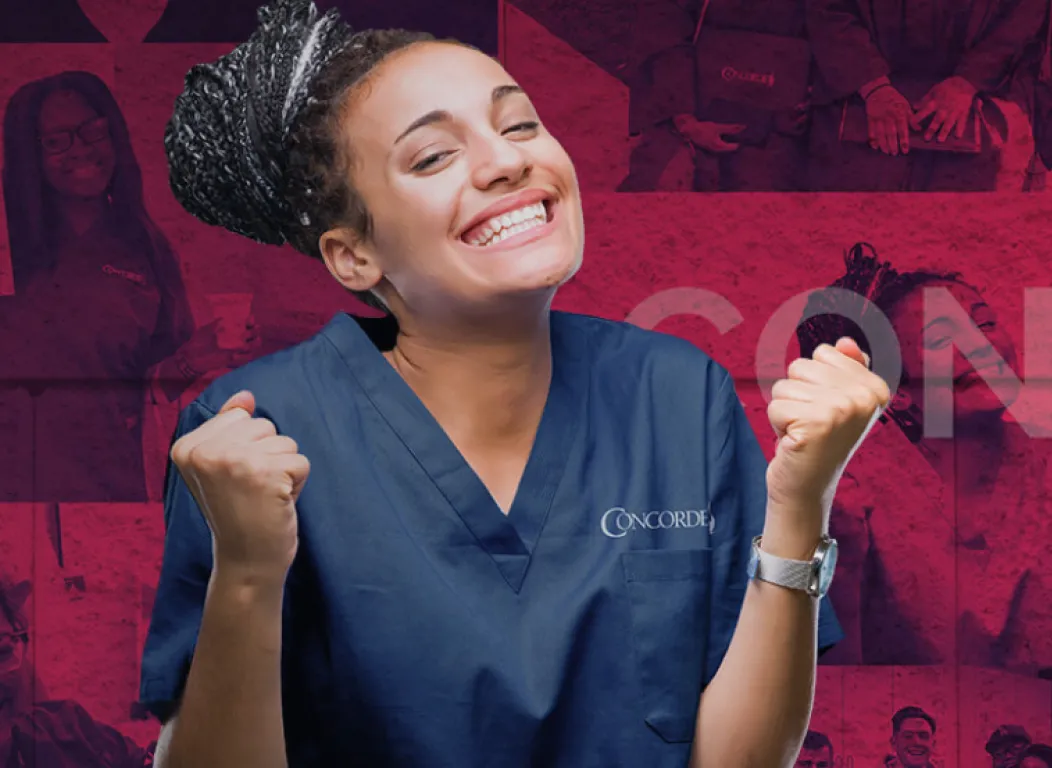
Didn't find the answer to your question? Send us an inquiry and we will be happy to answer all your questions!
According to BLS.gov, the Cardiovascular Sonography job field is estimated to grow by 11% through 2023-2033. As the large baby-boom population ages, the need to diagnose medical conditions, such as blood clots and heart disease, will increase and imaging technology is a tool used in making these diagnoses.
**Source: U.S. Bureau of Labor Statistics- healthcare occupational outlook handbook, the national projected job demand between 2023-2033 for diagnostic medical sonographers, cardiovascular technologists and technicians, https://www.bls.gov/ooh/healthcare/diagnostic-medical-sonographers.htm. Projections are national. Local job market demand may vary.
For program-specific tuition information, please see the campus catalog.
According to BLS.gov, the Cardiovascular Sonography job field is estimated to grow by 11% through 2023-2033. As the large baby-boom population ages, the need to diagnose medical conditions, such as blood clots and heart disease, will increase and imaging technology is a tool used in making these diagnoses.
**Source: U.S. Bureau of Labor Statistics- healthcare occupational outlook handbook, the national projected job demand between 2023-2033 for diagnostic medical sonographers, cardiovascular technologists and technicians, https://www.bls.gov/ooh/healthcare/diagnostic-medical-sonographers.htm. Projections are national. Local job market demand may vary.
For program-specific tuition information, please see the campus catalog.

